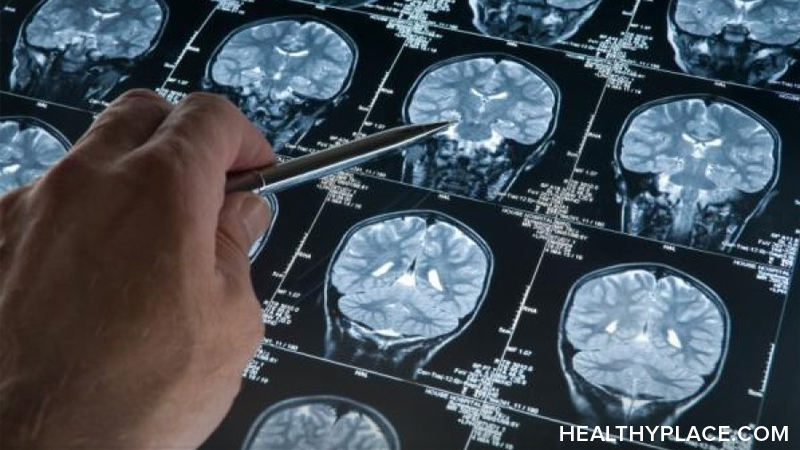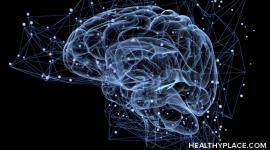Schizophrenia Causes, Development of Schizophrenia

Schizophrenia is a mental illness that can greatly impact a person’s life and it’s common to wonder, “What causes schizophrenia? What's behind the development of schizophrenia?” The causes of schizophrenia, though, are complex and come down to many factors, both genetic and environmental. While specific causes of schizophrenia may not be pinpointed, it is clear that schizophrenia is a brain disease.
It is thought that a person’s genetics and the environment in tandem put a person at risk for schizophrenia (see: Schizophrenia Genetics). Schizophrenia is not caused by any one element, but when multiple elements are put together, the result is schizophrenia. For example, a person may have a gene combination that increases the risk of schizophrenia but it’s only due to extreme life stressors and drug use that schizophrenia manifests.
Genetic Causes of Schizophrenia
Family studies of people with schizophrenia reveal that the causes of schizophrenia are partly genetic. While the risk of developing schizophrenia in the average person is 1%, the risk for someone with a parent with schizophrenia is around six times that and siblings have a 9% chance of having schizophrenia. While the underlying specifics of the genetics are not well understood, these numbers do show the development of schizophrenia is partly genetic.
Environmental Causes of Schizophrenia
While no single or even a combination of environmental factors is known to cause schizophrenia, there are environmental factors that can increase the risk of schizophrenia. Many occur before birth. Prenatal risk factors include:1,2
- Malnourishment
- Exposure to some viruses
- Lead exposure during pregnancy
- Pregnancy complications
- Older age of the father
Stressful life circumstances and taking psychoactive drugs such as marijuana, alcohol, meth or LSD, during adolescence may increase the risk of schizophrenia.
Biological Causes of Schizophrenia
It is known that the brains of people with schizophrenia differ from brains of those in the average population. Brain imaging scans have shown that some areas of the brain are smaller or malformed in those with schizophrenia.
One part of the brain that appears to be affected by schizophrenia is the hippocampus. This part of the brain is part of a system called the limbic system which is responsible for processing emotions and memories. The hippocampus is smaller in those with schizophrenia.
In one study, even in children as young as 12, the difference in hippocampus size was seen. Moreover, the hippocampus continued to shrink in the 12 years of follow-up in the study.
A brain chemical, dopamine, is also thought to be involved in the causes of schizophrenia. Effective antipsychotic medications (medications which reduce psychosis) inhibit the neurons that fire this chemical while drugs that exacerbate dopamine firing are known to induce psychosis. It is likely, though, that dopamine abnormalities vary across different regions of the brain. Glutamate, another brain chemical, is also likely involved in the causes of schizophrenia.
It is not understood exactly how these brain anomalies are created but it appears they may exist before schizophrenia manifests. The brain abnormalities may only fully come to light as the person goes through puberty due to the rapid brain changes seen during this time in life.3
APA Reference
Tracy, N.
(2021, December 21). Schizophrenia Causes, Development of Schizophrenia, HealthyPlace. Retrieved
on 2026, January 30 from https://www.healthyplace.com/thought-disorders/schizophrenia-causes/schizophrenia-causes-development-of-schizophrenia


